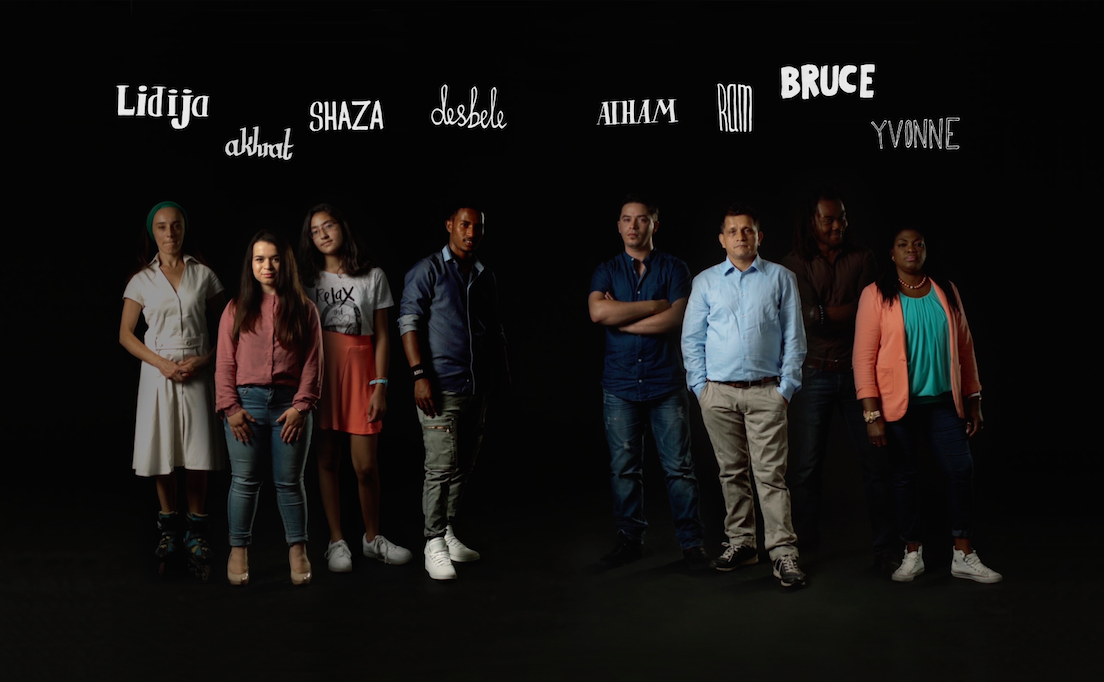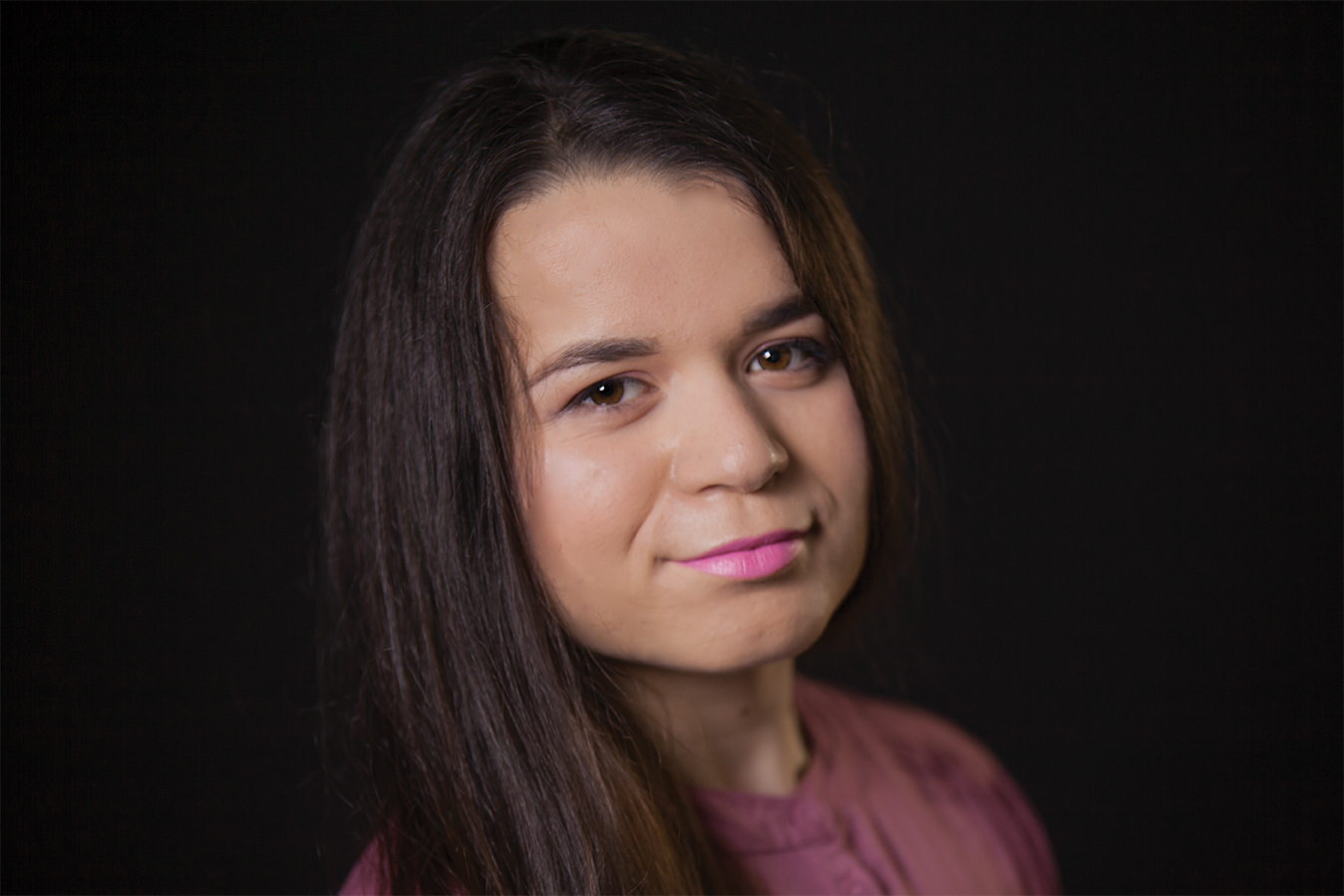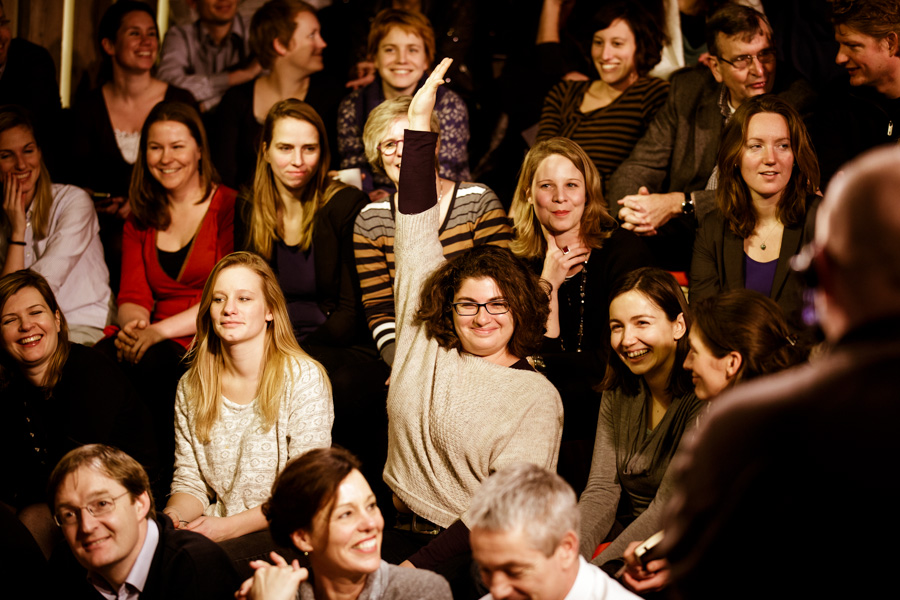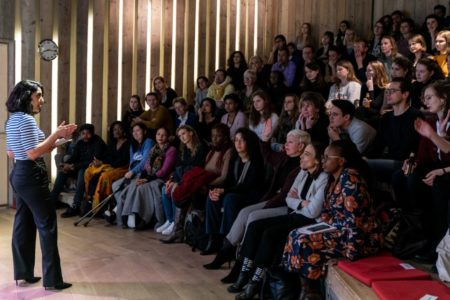Ten years ago, the Eastern Partnership was launched as an eastern part of the European Neighborhood Policy. This is a cooperation between the European Union and six former Soviet countries, namely Belarus, Ukraine, Moldova, Georgia, Armenia and Azerbaijan. During this programme, organised by D66 Internationaal, we discuss this partnership with experts from this region. How do they see the future with the EU?
The Eastern Partnership started in 2019, with the goal to stimulate regional cooperation between the EU and the former Soviet states. The aims are economic growth, democratization, development of the rule of law, preventing corruption and good governance in the six former Soviet states. With three countries, the EU has closed an association and free trade agreement and its residents can travel freely to the EU Schengen zone.
But to what extent has the policy succeeded in its design? How should it be continued by a new European Commission? And do the eastern partner countries themselves still have confidence in a European future? And what does the European identity mean to them?
During this event we will discuss the following topics with three experts from civil society in the region but also with the public.
- Good governance and the rule of law: Where are the various eastern partners standing with the fight against corruption, the reform of the rule of law and the political system? What are the policy effects of the Eastern Partnership on good governance?
- Identity: How do people in neighbouring countries view the European identity and how does this relate to the rising populism and nationalism in the EU? What is Europe’s attraction for eastern partners?
- Young generation: Do young people see a future in their own country or will there be an emigration wave? What is the effect of association agreements in eastern countries on young people and minorities?
About the speakers
- Dr. Lada Roslycky is a security expert with over 15 years of experience working with soft power, Euro-Atlantic integration, international law, and democracy building. She leads Transparency International‘s NAKO (Independent Defence Anti-Corruption Committee) research team identifying systemic corruption risks in Ukraine’s defence and security sector and advocating anti-corruption reforms and transparency.
- Zaza Bibilashvili is founder of the Chavchavadze Center, a Georgian think-tank that aims to generate a new generation of active citizens guided by Euro-Atlantic principles and values, promoting civic responsibility and critical thinking. By engaging young people this think-tank wants to raise a driving force for establishing sustainable democratic processes and institutions. Zaza Bibilashvili has been recognized as a leading lawyer in Georgia for the past two decades.
- Renata Skardžiūtė-Kereselidze is deputy director at Georgian Institute of Politics, where she works since 2012. She is alumna of the On Think Tanks Fellowship Program “Integral Leaders for Global Challenges” (2017). Before joining GIP Renata has worked as a journalist covering foreign policy and European issues in Lithuania, and was recipient of Heinrich Böll fellowship to research EU strategies in conflict resolution in Georgia. Her interests include collective identities, European integration and Eastern Partnership.
- Tony van der Togt (Sr. Associate Fellow, Clingendael) will moderate the evening. Over the past two decades Tony van der Togt has worked on Eastern Europe and Central Asia in several functions. Currently Tony van der Togt is involved in discussions concerning the Eastern Partnership policy.
- Mustafa Nayyem is Member of Parliament in Ukraine, and member of the Committee on the European integration of Ukraine, since 2014. He worked as a journalist and tv presenter prior to that. As a civil activist he urged Ukrainians in November 2013 through social media to protest President Yanukovych’s decision not to sign an association agreement with the EU, the start of Euromaidan that led to the revolution in February 2014.
- Sjoerd Sjoerdsma is Member of Parliament in the Netherlands for D66, and spokesperson Foreign Affairs.
This programme is organised by D66 Internationaal.
Picture: European External Action Service (EEAS)
Visit the Facebook-event here






